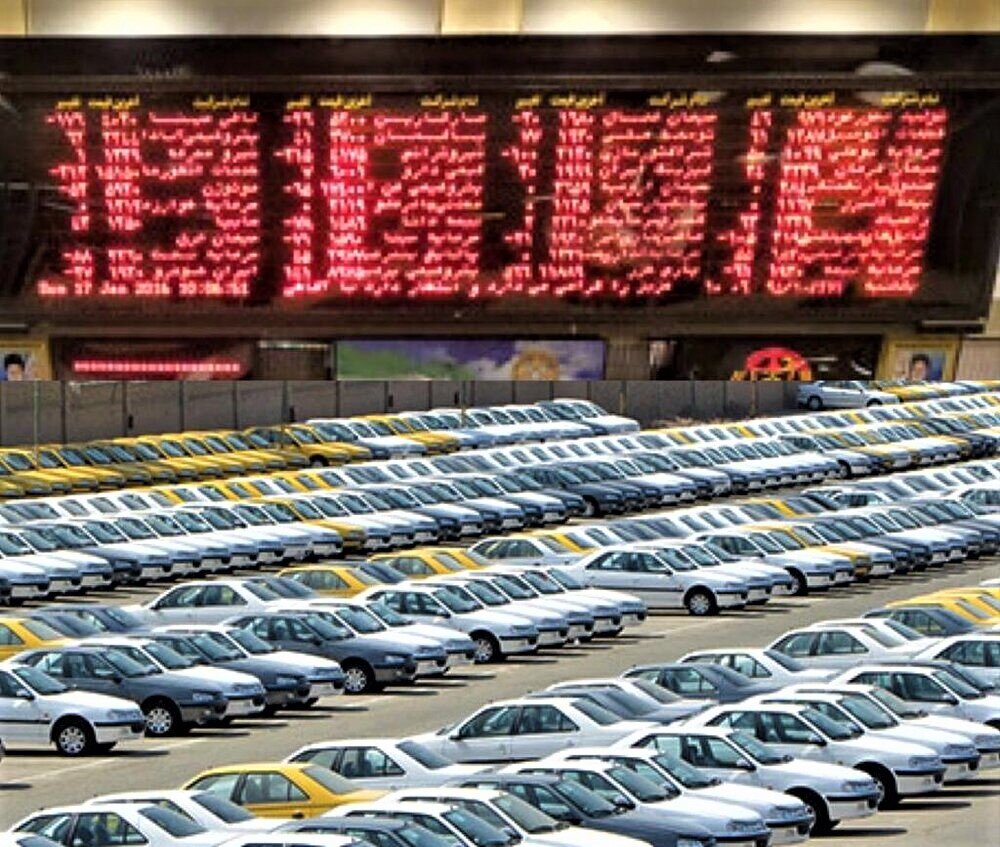Organizing automotive industry through offering cars in commodity exchange

In recent months, the price of cars in the free market has become significantly different from the factory price.
As a result, the car industry suffered losses and the profit of price gaps went to the pockets of dealers.
To tackle the problem, the offering of cars in the commodity exchange has been a top issue under discussion in recent months, and different views have been expressed by officials and related organizations.
However, after contradictory comments, the plan to organize the automotive industry, the most important axis of which is the offering of cars in the stock market, was approved in a recent meeting of the Industries Committee of the parliament.
Talking about the offering of cars in the commodity exchange and discovering the price of this product is in a situation when just some time ago car was a consumer product and not an investment.
But the situation in the country these days has turned the car into a commodity for investment, and in the meantime, the lack of a transparent market for pricing has caused a sharp rise in car prices in Iran.
Before talking about the plan to organize the automotive industry, it should be noted that mandatory pricing in the commodity exchange is prohibited and the discovery of real prices must be accepted.
In fact, selling a car in a commodity exchange means moving away from orderly pricing, and the car is available to the public at more reasonable prices.
With the sale of cars in the commodity exchange, car pricing is not done by the Consumers and Producers Protection Organization and the Competition Council. Rather, prices are determined by supply and demand.
The plan to organize the automotive industry seeks to balance supply and demand as well as turn the car into a consumer good.
This plan has been recently revised, and in the revised plan, the Competition Council determines which cars should be offered in the commodity exchange.
In fact, in the revised plan, which is based on the regulated supply of cars in the stock exchange, the Competition Council is obliged to determine the cars subject to this plan every six months according to indicators such as inflation, factory-market price gap, number of manufactured cars and impact on the market.
